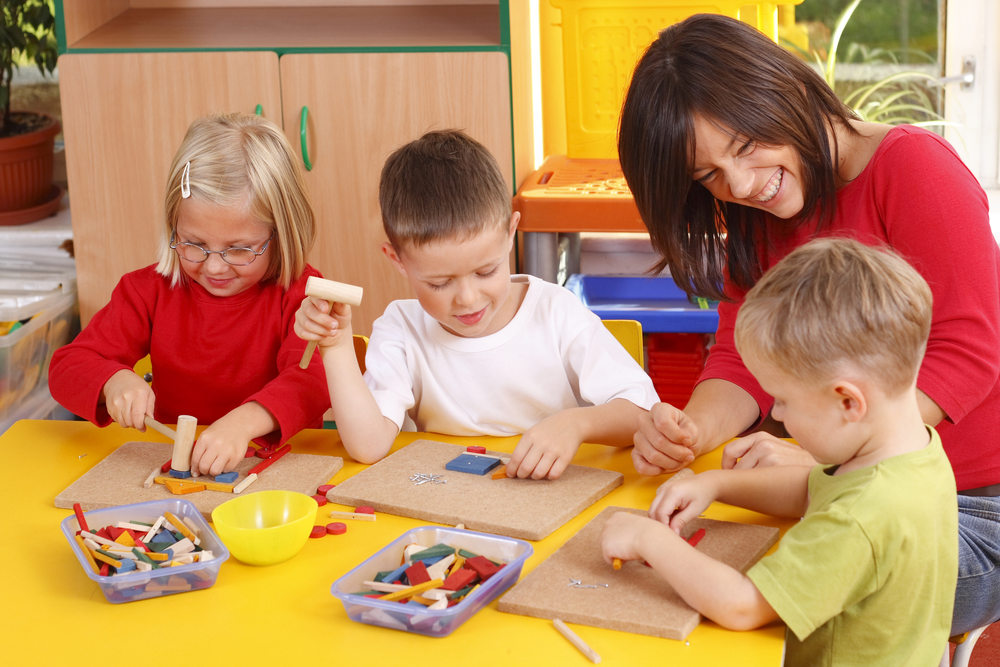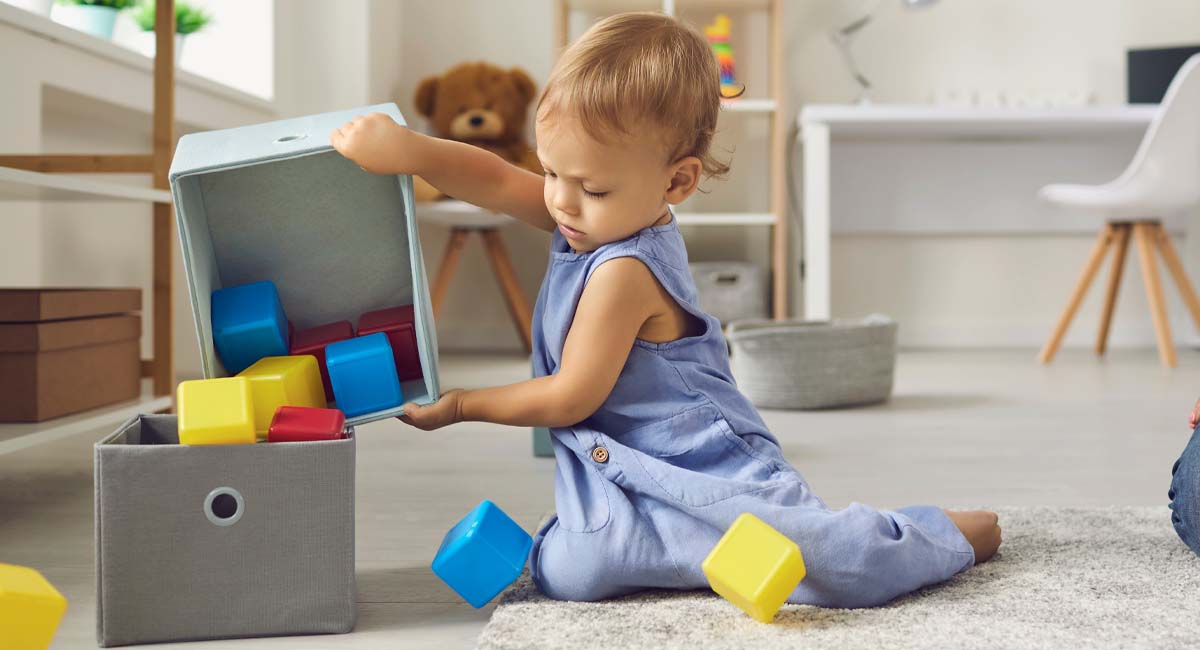Setting Successful Limits for Your Preschooler
Setting successful limits for your preschooler is essential for their development. Clear boundaries offer security, help with understanding expectations, and promote self-discipline. Acknowledge their emotions and encourage positive interactions to support their growth. Consistency in enforcing rules provides stability and aids in forming good habits. Positive reinforcement, like praise and rewards, reinforces desired behaviors effectively. Foster independence through self-help tasks and responsibilities. Teaching self-control and respect for rules instills vital skills. Remember, a supportive environment with clear rules and routines is key. It sets the stage for a positive preschooler-parent dynamic.
Key Takeaways
- Understand your preschooler’s developmental stage for effective limits.
- Consistency in enforcing boundaries provides security and structure.
- Use positive reinforcement techniques like praise and rewards.
- Encourage independence and responsibility through age-appropriate tasks.
- Create a supportive environment with clear rules and routines.
Importance of Setting Limits

Setting clear limits for your preschooler is essential for their development and well-being. By establishing boundaries, you provide a sense of security and structure that’s vital for your child’s growth.
Understanding developmental stages is key when implementing effective discipline strategies. Preschoolers are at a stage where they’re exploring their independence and testing boundaries. Setting limits helps them understand what’s expected of them and what’s considered acceptable behavior.
Building trust and security through consistent limits creates a safe environment for your preschooler to learn and thrive. When children know what to expect, they feel secure and are more likely to follow rules.
It’s important to set limits that are age-appropriate and reinforce them with patience and understanding. Consistency is key in helping your child internalize boundaries and develop self-discipline.
Understanding Your Preschooler’s Needs

To best meet your preschooler’s needs, it’s important to understand their unique developmental stage and how it influences their behavior and emotions.
Preschoolers are at an important age where emotional regulation and social development are key areas of focus. Understanding these aspects can help you support your child in managing their feelings and interactions with others.
Emotional regulation is a skill that preschoolers are still developing. They may have trouble expressing their emotions verbally and can often resort to tantrums or other challenging behaviors. By acknowledging and validating your child’s feelings, you can help them learn to regulate their emotions in a healthy way.
Social development is also significant during the preschool years. Your child is beginning to form friendships, learn cooperation, and understand empathy. Encouraging positive social interactions and providing opportunities for them to practice these skills can greatly benefit their overall development.
Consistency Is Key
Maintaining consistent boundaries and expectations is essential for effectively guiding your preschooler’s behavior and fostering a sense of security and understanding in their daily routines. Your parenting style plays a significant role in shaping your child’s behavior management. Consistency provides a predictable environment that helps your preschooler feel secure as they navigate through different developmental stages.
Effective communication is key in ensuring that your child understands the rules and expectations you have set. By clearly stating what’s and isn’t allowed, you provide a framework for your preschooler to follow. Consistency in enforcing these boundaries reinforces the message you’re trying to convey, ultimately leading to better behavior management outcomes.
Positive Reinforcement Techniques

Consistently employing positive reinforcement techniques is a powerful way to encourage and reinforce desired behaviors in your preschooler.
Reward systems can be highly effective in motivating your child to exhibit positive conduct. Consider implementing a sticker chart where your preschooler earns a sticker for each task completed or behavior displayed.
Praise techniques are equally important; offer specific and sincere praise when your child follows instructions or demonstrates good manners. Encouragement strategies play a significant role in fostering a positive environment. Use phrases like “I appreciate how you shared your toys” to reinforce positive actions.
Behavior charts can be beneficial tools to track progress and celebrate achievements with your preschooler. Display the chart prominently and involve your child in setting achievable goals. Celebrate small victories to maintain motivation and build self-esteem.
Encouraging Independence and Responsibility

To help your preschooler thrive, focus on fostering self-help skills, teaching them how to tidy up, and assigning simple chores.
Encouraging independence and responsibility at a young age can boost their confidence and sense of accomplishment.
Foster Self-Help Skills
Encourage your preschooler to develop self-help skills by providing opportunities for independence and responsibility in daily tasks.
By encouraging independence, you’re building confidence in your child’s abilities. Developing self-care habits at a young age not only promotes growth but also fosters a sense of accomplishment.
Start by allowing your child to choose their clothes or help set the table for meals. These small tasks may seem insignificant but they lay the foundation for greater responsibilities in the future.
Simple activities like putting toys away after playtime or brushing their teeth before bed can instill a sense of ownership and pride. Praise your child for their efforts, even if tasks aren’t completed perfectly. This positive reinforcement encourages them to keep trying and improving.
As your preschooler masters these self-help skills, gradually introduce more complex tasks. Remember to be patient and offer guidance when needed.
Teach Tidying up
When it comes to teaching tidying up, guiding your preschooler towards independence and responsibility is key. Helping your child develop organizational skills and time management from a young age can set a strong foundation for their future.
Start by creating a designated place for toys and other items, making it easier for your preschooler to know where things belong. Encourage them to tidy up after playing, teaching them the importance of keeping their space organized.
Developing habits and establishing routines around tidying up can greatly benefit your child’s overall development. Consistency is key in helping them understand that tidying up is a regular part of their daily routine. Praise their efforts and provide gentle reminders when needed to reinforce positive behavior.
Assign Simple Chores
How can you effectively introduce simple chores to your preschooler to foster independence and responsibility?
It’s important to start by assigning age-appropriate tasks that your child can handle. Simple chores like putting toys away, feeding a pet with supervision, or watering plants can instill a sense of responsibility and accomplishment in your preschooler.
To encourage participation, consider implementing chore rewards such as stickers, a special outing, or extra playtime. These incentives can motivate your child and make chores a positive experience.
Additionally, setting clear limits and expectations around household responsibilities is vital. Clearly communicate what needs to be done and provide gentle reminders when necessary.
When introducing chores, remember that consistency is key. Make chores a regular part of your child’s routine to help them develop good habits.
Handling Limit Testing Behaviors
Addressing limit testing behaviors in preschoolers requires consistent and firm boundaries to help them understand expectations. Effective communication plays an essential role in managing these behaviors. Clearly explain the limits to your child, using simple language and a calm tone. Encourage them to express their feelings and thoughts, promoting emotional regulation and problem-solving skills. By acknowledging their emotions, you create a supportive environment for them to communicate openly.
Behavior management strategies such as positive reinforcement can be effective in encouraging good behavior. Praise your child when they follow the limits set and provide gentle reminders when they test boundaries. Consistency is vital; make sure that consequences for exceeding limits are clear and fair. Use timeouts or loss of privileges sparingly and explain the reasons behind them.
Teaching preschoolers how to navigate limits helps them develop self-control and respect for rules. By fostering effective communication and emphasizing emotional regulation, you empower your child with essential problem-solving skills for their social and emotional development.
Creating a Supportive Environment

Setting clear rules at home and establishing consistent routines can provide your preschooler with a sense of security and predictability.
Research shows that children thrive in environments where expectations are clearly outlined and consistently enforced.
Clear Rules at Home
Establishing clear rules in your home provides a supportive environment for your preschooler to thrive and understand boundaries effectively. Effective discipline and communication strategies are key components in setting these rules.
When establishing rules, it’s important to communicate clearly and consistently with your child. Use simple language that your preschooler can understand, and make sure they know the reasons behind each rule. This helps them grasp the importance of boundaries.
Setting boundaries is essential for your child’s development. Clearly defined rules help your preschooler feel secure and understand what’s expected of them. Consistency is key when enforcing these boundaries. Be firm but kind in your approach, and always follow through with consequences when rules are broken.
Positive reinforcement for following the rules also plays an important role in shaping your child’s behavior.
Consistent Routines for Behavior
To create a supportive environment for your preschooler’s behavior, maintaining consistent routines is key for their understanding and development. Daily schedules provide structure and predictability, helping your child feel secure and aware of what to expect. Consistency in behavior expectations reinforces boundaries and teaches them about responsibility. When rules are clear and routines are followed, children learn self-discipline and gain a sense of control over their actions.
In addition to daily schedules, nurturing positive social interactions is essential for your preschooler’s development. Encourage sharing, empathy, and communication skills through playdates and group activities.
Setting screen time limits is important in today’s digital age. Excessive screen time can impact your child’s behavior and overall well-being, so establishing boundaries early on is necessary.
Frequently Asked Questions
How Do I Handle Limits When My Preschooler Has a Meltdown?
When handling limits during your preschooler’s meltdown, remember that dealing with tantrums requires patience and effective communication. Stay calm, acknowledge their feelings, set clear boundaries, and offer comfort. Consistent responses will help them learn to manage emotions.
What Should I Do if My Preschooler Constantly Pushes Boundaries?
When your preschooler constantly pushes boundaries, provide consistent consequences like timeouts or loss of privileges. Additionally, use positive reinforcement to praise good behavior. By setting clear limits and enforcing them consistently, you can help shape their behavior positively.
Is It Okay to Change the Rules Occasionally for My Preschooler?
It’s important to strike a balance between consistency and flexibility when changing rules for your preschooler. Parenting challenges arise, but occasional adjustments can teach adaptability. Communicate reasons clearly to maintain trust and understanding.
How Do I Address Limit-Setting With a Strong-Willed Preschooler?
When addressing limit-setting with a strong-willed preschooler, remember to use positive reinforcement and consistent consequences. Maintain calm communication and show empathy and understanding. This approach can help foster cooperation and teach valuable lessons.
What if My Preschooler Refuses to Listen to Established Limits?
When your preschooler refuses limits, try behavior consequences like timeouts. Use negotiation strategies to explain rules and consequences. Positive reinforcement for good behavior helps. Stay consistent in discipline to show boundaries are important.
Conclusion
To sum up, establishing successful limits for your preschooler is crucial for their development and well-being. By understanding their needs, being consistent, using positive reinforcement techniques, and promoting independence and responsibility, you can create a supportive environment that fosters growth and learning.
Remember, handling limit testing behaviors with patience and empathy is crucial to helping your child navigate boundaries and rules effectively. Keep up the good work, and remember that you’re doing a great job as a parent!

Chad Adan Kace, a young dad from Vermont, shares his parenting journey with a touch of humor and lots of love. Father to a lively baby, he explores the joys and challenges of fatherhood through his stories.







